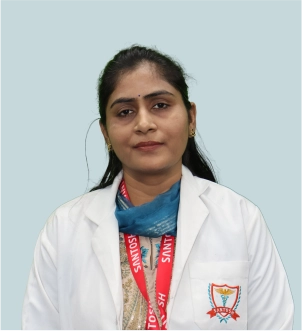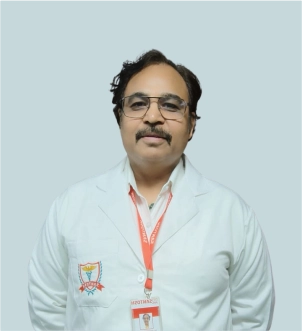
The graduate medical curriculum is oriented towards training students to undertake the responsibilities of a physician of the first contact who is capable of looking after the preventive, primitive, curative and rehabilitative aspects of medical care.
The broad-based training aims to provide an educational experience with all the essentials required for health care in our country. Moreover, a wide range of career opportunities awaits students.
Click here if you want to know about course fees.
Objective:
At the end of the undergraduate program, the medical student shall endeavor to be able to:
Duration Of The Course Of Study: Duration of this course is 5½ years i.e. 4½ + one-year Compulsory Rotatory Resident Internship [CRRI].
(a) PHASE – I (I MBBS) ONE YEAR consisting of Pre-clinical subjects of:
Besides 60 hours for introduction to Community Medicine including Humanities, rest of the time shall be somewhat equally divided between Anatomy and Physiology plus Biochemistry combined (Physiology 2/3 and Bio-Chemistry 1/3). ( PSM 60 hrs.+ Anatomy 650 hrs. + Physiology / Biochemistry 720 hrs).
(b) PHASE – II (II MBBS) 1 ½ YEARS consisting of following para-clinical / clinical subjects:
During this phase, the teaching of para-clinical and clinical subjects are all those detailed under Phase III below which shall be done concurrently. Out of the time for Para-clinical teaching, approximately equal time shall be allotted to Pathology, Microbiology, Pharmacology and Forensic Medicine and Community Medicine combined (1/3 Forensic Medicine and 2/3 Community Medicine).
(c) PHASE – III (III MBBS Part – I & II ) TWO YEARS – Each Part one year of study:
The clinical subjects to be taught during Phase III are –
III MBBS – Part: I – 1 year :
III MBBS – Part: II – 1 year :
General Medicine and its allied specialities.
Medium Of Instruction: English shall be the medium of instruction for all the subjects of study and for examinations.
Working Days In An Academic Year: Each academic year shall consist of not less than 240 teaching days of eight hours each college working time, including one hour of lunch.

Professor & HOD

Professor & HOD

Professor & HOD

Professor & HOD

Professor & HOD

Professor & HOD

Professor & HOD

Professor & HOD

Professor & HOD

Professor & HOD

Professor & HOD

Professor & HOD

Professor & HOD

Professor & HOD

Professor & HOD

Professor & HOD

Professor & HOD

Professor & HOD

Professor & HOD

Professor & HOD

Professor & HOD
©2026 Santosh Deemed to be University | Designed, Developed & Managed by : HashTAGit. Last updated on 28th Feb 2026